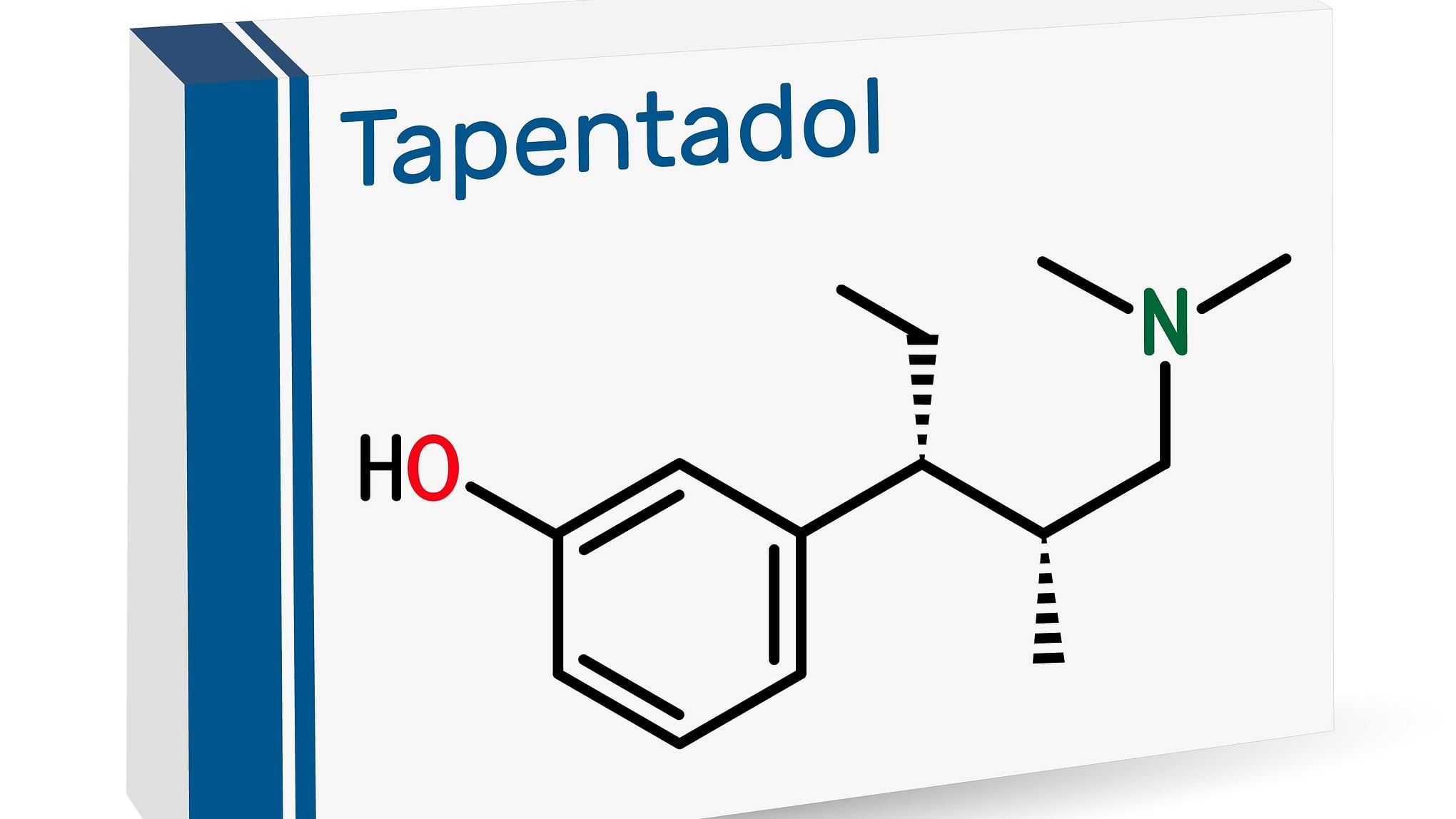
Usually prescribed as a painkiller after surgical procedures, the tablet is a well-known name in drug-abuse groups and is sourced from wholesale pharmacists. Representational image.
Credit: iStock Photo
Bengaluru: Tapentadol addiction among youngsters in Bengaluru is on the rise, according to the Nimhans Centre for Addiction Medicine, where doctors called for awareness to arrest the problem but were not in favour of imposing restrictions in procuring the prescription drug.
Usually prescribed as a painkiller after surgical procedures, the tablet is a well-known name in drug-abuse groups and is sourced from wholesale pharmacists.
Data exclusively accessed by DH shows that only 23 cases of tapentadol addiction were reported at Nimhans till 2019, but the numbers increased between 2019 and 2023, with close to 270 cases being reported. Many of the addicts, doctors said, were from economically weaker sections.
Now, on average, doctors say they see at least six patients with tapentadol addiction every week.
Patients crush tapentadol tablets, mix it with water and inject it to get a high. “Since it is opioid-based, it instantly hits them and gives them a high. Eventually, it turns into an addiction,” Dr Venkata Lakshmi Narasimha, Assistant Professor, Centre for Addiction Medicine, told DH.
A majority of the patients reporting addiction have been diagnosed with hepatitis C, which causes liver infection, and this has raised alarm. hepatitis C may have been caused due to the use of the same syringe by many of them in a group, doctors said.
“While we can cure addiction, hepatitis C is a bigger problem. Prevalence of hepatitis C was high among the patients with tapentadol addiction and this is quite bothersome,” said Dr Lekhansh Shukla from the Centre for Addiction Medicine.
“Overdose of the drugs could also push these youngsters into a coma,” Dr Narasimha added.
Dr Prakrithi S, a research student at the centre, noted that most of the youngsters reporting this addiction belong to the economically weaker sections of society.
A few experts said this could be a signal of the drug emerging as a possible alternative to ganja and other drugs which are expensive and difficult to source.
“Many of them start injecting tapentadol at an early age of 17 to 18 years. Our observations show that many of them come from a weak socio-economic background. They are usually introduced to it through local groups or friends,” she noted.
While patients take close to two weeks to get into an addiction phase, the symptoms start to show up only after a few months.
“Usually after two or three months, patients start losing weight and that is when the families start to notice,” Dr Preethi said.
Regulatory concerns
While tapentadol is not easily available over the counter, it is also not a difficult drug to get, doctors said.
“Though people need a prescription to source the drug, the rampant use shows that it is not difficult to get the drug,” said Dr Shukla. However, Dr Narasimha felt that it was not practical to impose strict restrictions as well.
“It is an important medicine and those who genuinely need it should get it without a problem. Hence stricter regulations cannot be imposed,” Dr Narasimha said and called for awareness campaigns to tackle the problem.